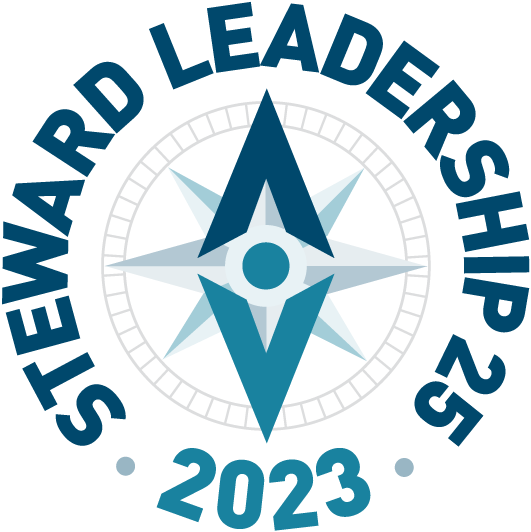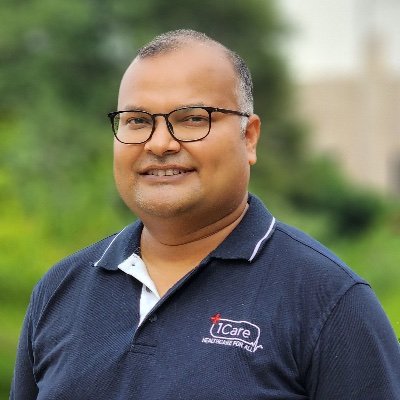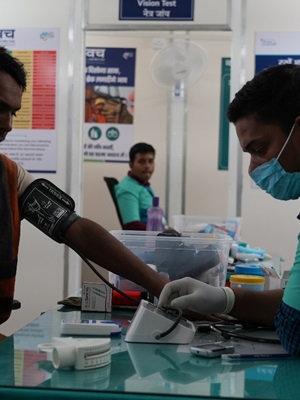Closing the last mile gap through technology & partnerships
India's rural and semi-urban, or rurban, areas often struggle with infrastructure and staffing challenges in healthcare services. These challenges include restricted access, availability, and affordability of standardised services, which negatively impact health index scores.
In February 2019, I was joined by co-founders Pooja Jaiswal and Gaurav Sengar, and we founded Last Mile Care (LMC). We embarked on a journey to establish a human-centric delivery model committed to revolutionising basic healthcare by making services available and affordable to everyone. Prior to this, we had worked to address healthcare issues in urban regions through the government-driven public-private partnership model. These experiences drove us to instead attempt to drastically alter the healthcare systems of rural and semi-urban areas and focus on achieving UN Sustainable Development Goal 3: Good Health and Well Being.
The Covid-19 pandemic strengthened our resolve to address the pressing concern of healthcare access, and we leveraged grants to kickstart healthcare centres. We realised that infrastructure and supply chain gaps could be addressed by building a network of reputable service providers and harnessing technology to improve user experience. We thus developed unique healthcare delivery centres grounded in our “digitally-led, physically-enabled" healthcare approach, also known as 1Care Units. At these units, patients have access to an aggregated network of services such as medicine dispensation, diagnostics, referrals, and health financial services.
Propelling human-centric innovation and solutions
Our mission to bring quality primary healthcare to every community requires sincere intent and perseverance. We held discussions with a variety of stakeholders, including the medical community, management consultancies, government leaders and enterprises. We conducted over 100 field visits in various geographies, working with International Non-Government Organisation (INGO) leaders and local populations to establish the needs of communities. We brainstormed various possible solutions and considered the key parameters of quality, access, digital transformation and standardisation while maintaining affordability, transparency and accountability. This led to the conceptualisation and eventual development of the 1Care Unit. With the support of public funding, we launched our first 1Care unit in June 2021.
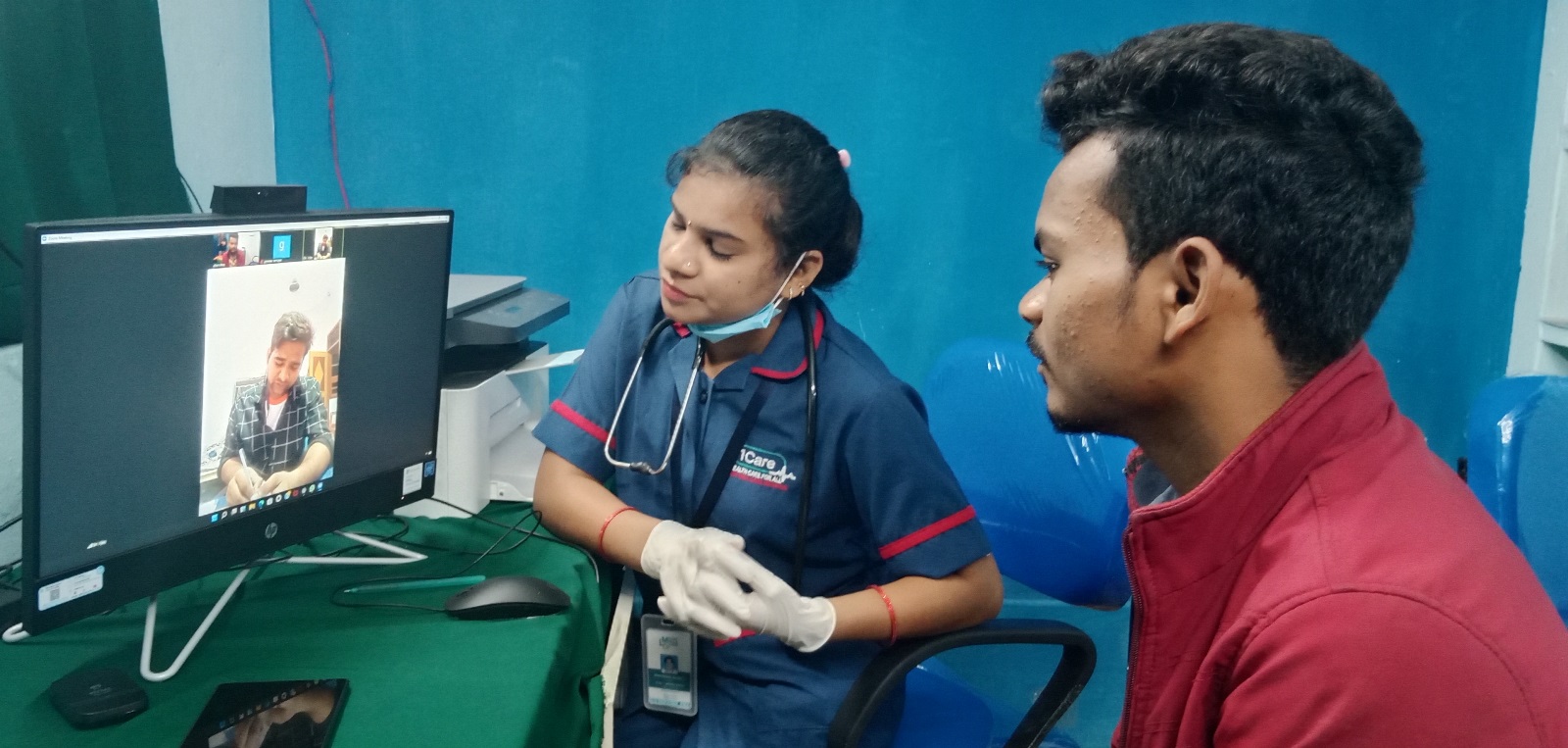 Teleconsultation with general physician of LMC at 1Care centre in Etah, Uttar Pradesh
Teleconsultation with general physician of LMC at 1Care centre in Etah, Uttar Pradesh
1Care units allow teleconsultation and improve healthcare service delivery. These units provide convenient, single point of contact for a variety of services, including diagnostics, referrals and prescriptions. To increase health coverage and reduce out-of-pocket costs, these units also offer health financing. Technology-enablement through 1Care units allow wide accessibility to healthcare services, closing the last mile gap that rurban patients currently struggle with. Secure digital conferencing, data centres and help lines ensure patients can effectively access the crucial diagnostic and preventative treatments they need.
We partner with various interest groups, including female empowerment and blue collar worker groups, to increase the reach of 1Care units. We also place units in special economic zones where communities have unique needs. Currently, over 35,000 patients are registered in our centres:
- We experience an average footfall of 247 patients per month.
- 60% of registered patients are females.
- The average transaction cost per patient is USD 4.
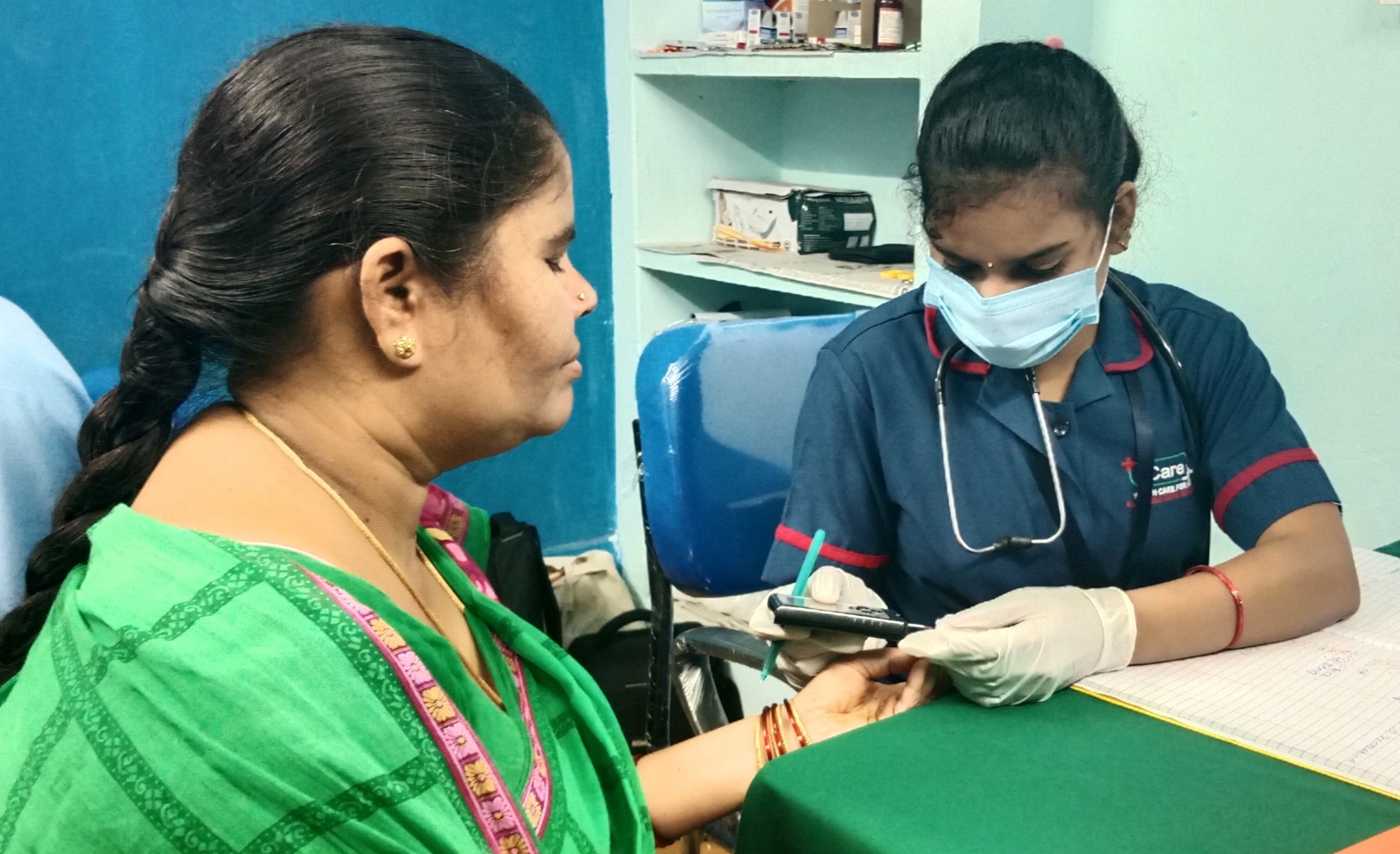 Qualified Auxiliary Nurse & Midwife (ANM) engaging patient for vital checks and teleconsultation
Qualified Auxiliary Nurse & Midwife (ANM) engaging patient for vital checks and teleconsultation
Increasing affordability through financing tools
We have ambitious plans to use data, generative AI and language models to predict and address future healthcare needs. We will also build better health financing tools to address local credit needs. Our goal is to become the most trusted healthcare service provider. Our long-term success will come from continued patient satisfaction and loyalty due to our products addressing their most pressing healthcare needs. By the end of 2024, we intend to scale up, build effective networks, develop cutting-edge technology and increase funding through partnerships with impact funds, donors, corporate CSR and other private investors. By rethinking access through "phygital" 1Care units and affordability through financial instruments, we hope to improve health equity and keep patient interest at the core of our business.
Past winning stories:
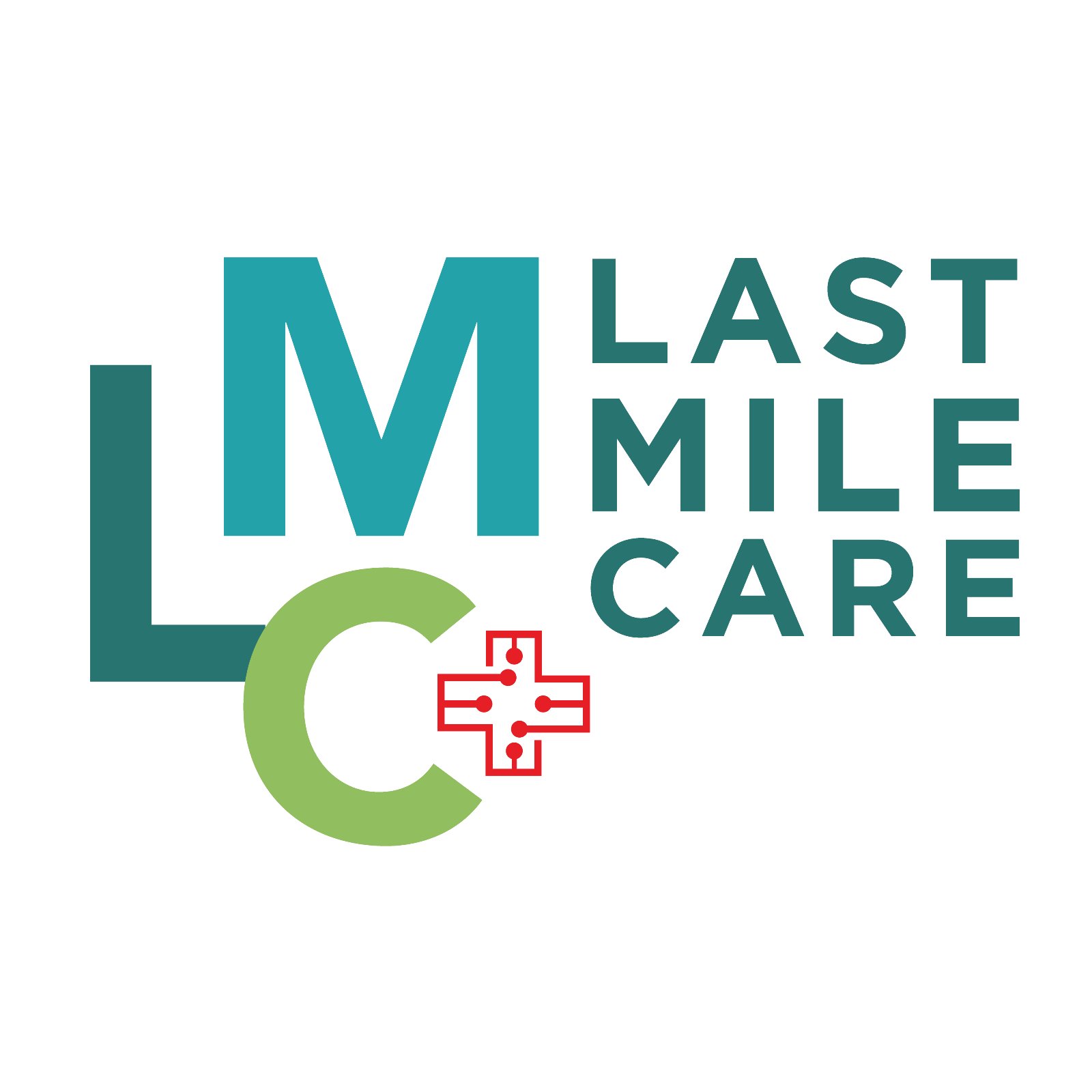
Last Mile Care was incorporated as a healthcare startup in India in July 2021 with one mission in mind, "Bringing quality & accessible healthcare for all". The gap of affordable and accessible standardised healthcare services increases for rural & semi-urban or "rurban" populations. Under the brand 1Care health centres, Last Mile Care has operated over 15 primary health centres & has handled ~35,000 cases till September,2023 with 55% of females participation. Through these "phygital" (physical-digital) health centres, we provide high quality doctors' teleconsultation, dispense generic drugs, and provide low cost diagnostic tests along with health financing services for referrals.
Learn more about Last Mile Care through their website. To collaborate or connect, reach out directly to our SL25 team.
Connect


